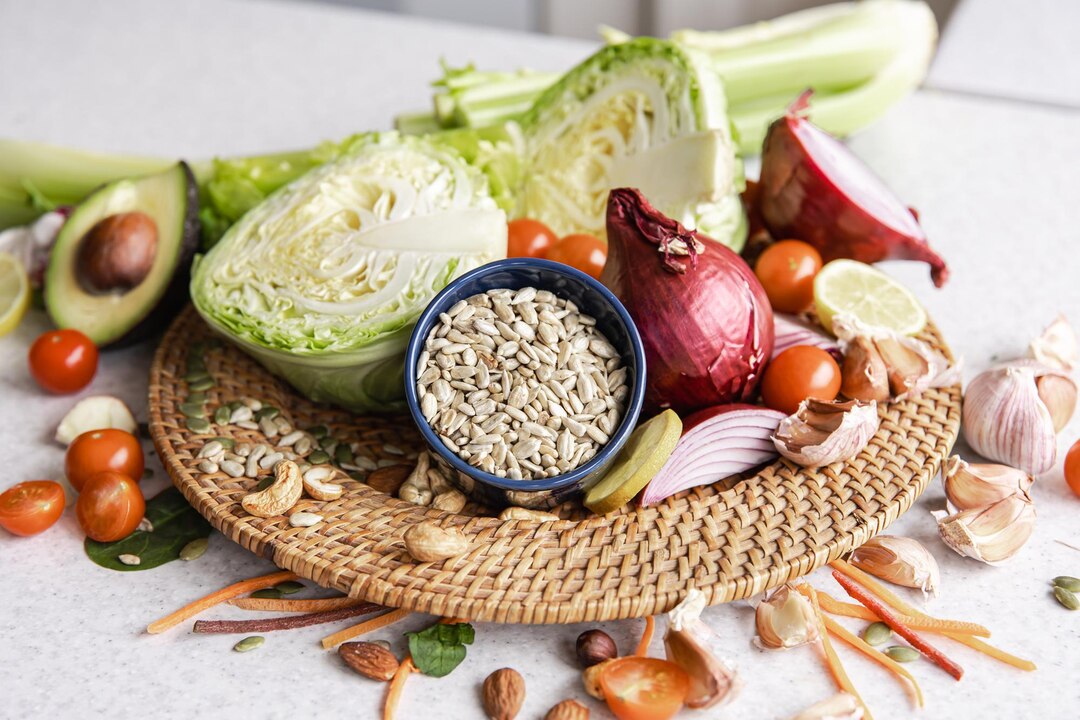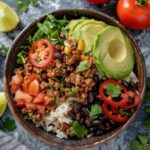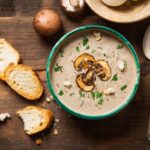Hemorrhoids, also known as piles, are inflamed, swollen veins in the anus or lower rectum. They can cause discomfort, itching, and sometimes bleeding. Fortunately, eating a high-fiber diet rich in whole foods can help relieve symptoms and reduce the risk of developing hemorrhoids. By contrast, processed foods, red meat, and alcohol can worsen the condition.
Understanding Hemorrhoids
Hemorrhoids can be classified into two types:
- External hemorrhoids: Found under the skin near the anus.
- Internal hemorrhoids: Located in the anus or lower rectal lining.
The National Institute of Diabetes and Digestive and Kidney Diseases (NIDDK) reports that 1 in 20 people in the United States experience hemorrhoids, with about 50% of adults over 50 affected at some point in their lives.
Diet plays a significant role in managing hemorrhoid symptoms.
How Diet Helps Hemorrhoids
High-fiber foods help in the following ways:
- Increase stool weight: Speeds up colon transit time, reducing the time feces remains in the colon.
- Retain water: Softens stools, making them easier to pass.
- Reduce colon pH: Enhances digestion and stool movement.
The Dietary Guidelines for Americans recommend consuming 14 grams of fiber for every 1,000 calories daily.
Best Foods for Hemorrhoids
Here are fiber-rich foods to include in your diet:
- Wheat Bran and Shredded Wheat
- Bran cereals: 9.1–14.3 grams of fiber per serving.
- Shredded wheat: 5–9 grams per 1 1/4 cups.
- Prunes
- Half a cup of stewed prunes provides 3.8 grams of fiber.
- Prunes also act as a natural laxative.
- Apples and Pears (With Skin)
- Medium apple: 4.4 grams of fiber.
- Medium pear: 6 grams of fiber.
- Barley and Oatmeal
- Barley: High in β-glucan, which softens stool.
- Oatmeal: 4 grams of fiber per cup.
- Lentils and Beans
- Lentils: 15.6 grams of fiber per cup.
- Beans: Navy beans (9.6 grams) and kidney beans (5.7 grams) per half cup.
- Berries
- Raspberries: 6.5 grams of fiber per 100 grams.
- High water content aids digestion.
- Sweet Potatoes and Potatoes (With Skin)
- Sweet potato: 3.8 grams of fiber.
- Regular potato: 3.6 grams of fiber.
- Vegetables
- Broccoli: 5.1 grams per cup.
- Artichokes: 10.3 grams per medium size.
- Citrus Fruits and Kiwis
- Citrus fruits: Contain naringenin, a natural laxative.
- Kiwi: 3 grams of fiber per 100 grams.
Foods to Avoid
Certain foods can worsen hemorrhoid symptoms by causing constipation or irritation. Avoid the following:
- Processed and fried foods: Chips, fast food, and salty snacks.
- Red meat: Hard to digest and low in fiber.
- Sugary and refined carbs: Candies, chocolates, and baked goods.
- Full-fat dairy products: Can cause constipation.
- Alcohol and excessive caffeine: Dehydrate the body and harden stools.
Additional Tips for Hemorrhoid Relief
- Use over-the-counter creams or suppositories.
- Avoid straining during bowel movements.
- Stay hydrated to improve fiber efficacy.
- Take sitz baths to reduce discomfort.
- Maintain a healthy weight and exercise regularly.
- Avoid heavy lifting and prolonged sitting.
A diet rich in fiber from whole fruits, vegetables, grains, and legumes can ease hemorrhoid symptoms and prevent recurrence. Gradually increase fiber intake to avoid bloating or gas. For severe or persistent hemorrhoids, consult a healthcare professional for treatment options.
By making simple dietary changes and adopting healthy habits, managing hemorrhoids can become significantly easier.








